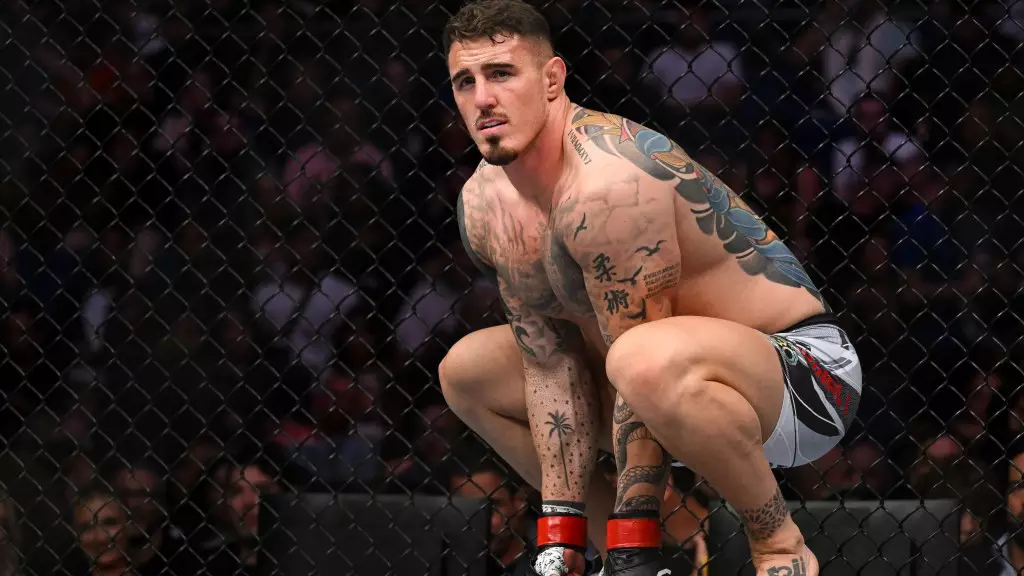UFC 309 has fueled discussions about the role of backup fighters, particularly the case of Tom Aspinall, who has been named the official backup for the high-stakes bout between Jon Jones and Stipe Miocic. Daniel Cormier, a past champion and respected commentator, has voiced concerns regarding the efficacy of this decision. His skepticism raises significant questions about the nature of fight contracts, athlete readiness, and the unpredictability inherent in the sport.
Cormier’s critique centers on the fundamental purpose of designating a backup fighter. While the intention is to ensure continuity in the event of an unforeseen circumstance—like injury or withdrawal—it relies on the cooperation of the contenders. Cormier points out a crucial point: history suggests that fighters like Jones and Miocic may not be inclined to accept a fight against the backup on short notice. Recall the instances where fighters have opted out rather than face less predictable opponents under pressure.
This skepticism is not merely anecdotal; it is rooted in the psychology of competitive athletes. Facing a backup fighter, especially one as talented as Aspinall—who is presently the interim heavyweight champion—can be daunting. For fighters of the stature of Jones and Miocic, the stakes are immense; the decision to step into the cage is not taken lightly, especially when it can impact legacies. Cormier argues that if one of the heavyweights pulls out, Aspinall may very well remain on the card without a fight—a frustrating reality for a fighter poised for opportunity.
The implications are significant for Aspinall. As the official backup, he treads a fine line between readiness and uncertainty. Cormier expresses a desire to see Aspinall challenge Jones ultimately, emphasizing that this matchup is crucial for Jones’s legacy as a heavyweight champion. However, the prospect of such a fight hinges on whether it occurs under ideal circumstances, as a last-minute replacement could dilute the significance of the matchup.
Cormier’s remarks about Jones potentially retiring further complicate the landscape. If Jones indeed considers stepping away from the sport, the urgency for Aspinall to engage in high-profile bouts increases exponentially. Cormier’s belief that no other fight is worth Jones’s while other than Aspinall speaks volumes about the future trajectory of the heavyweight division. Fighters like Aspinall are key to shaping this narrative, and their journeys are tangled within the machinations of the UFC’s promotional strategies and the fighters’ willingness to confront one another.
In summation, Cormier’s observations about Tom Aspinall and the designation of backup fighters illuminate a complex interplay of readiness, willingness, and the ever-present shadow of injury in the UFC. The landscape is painted with uncertainty; the potential for missed opportunities looms large. As fans, we await the outcomes of UFC 309 while contemplating the broader implications of these fighter dynamics. The need for compelling matchups remains integral to the sport, just as the backup role serves as a reminder of the unpredictability that defines mixed martial arts. Future events will undoubtedly offer fresh insights into how backup fighters fit into the evolving ecosystem of the UFC.

